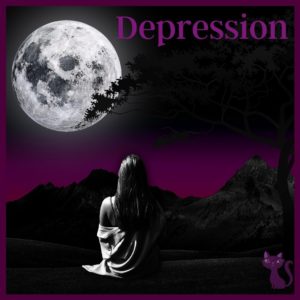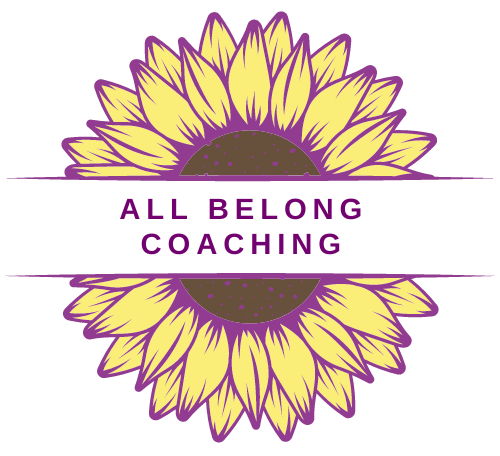
Hello Friends,
Before you read further, please take a look at the content warning. This blog post discusses potentially triggering issues.
May is Mental Health Awareness Month, and I’ve been trying to post something related on every Monday in May. So far this month, I’ve shared with you two posts about my journey so far with PTSD. Today I want to talk about another Mental Health issue that I struggle with. Depression.
My current diagnosis related to depression is: Persistent Depressive Disorder with Severe Depressive Episodes. That’s a mouthful and it’s usually easier to just say, “I deal with depression.” So what does my diagnosis mean?
Persistent Depressive Disorder is a continuous long-term (Chronic) form of depression. Symptoms may include feeling helpless or inadequate, having a low self esteem, having difficulty feeling motivated or productive, and many more. These feelings last for years and may significantly interfere with your daily life, including work, school, and relationships.
Persistent Depressive Disorder may be mild, moderate, or severe – OR it may fluctuate. I had previously been diagnosed with Major Depressive Disorder, but my therapeutic team and I felt the PDD diagnosis more accurate. While I definitely DO have severe depressive episodes, when those episodes lift – I’m still depressed. I’m just not AS depressed. Having this diagnosis has helped me understand that depression, in my case, is not something that is ever going to be “cured” or fully gone from my life.
My baseline level is mild to moderately depressed. This means pretty much every day I struggle with depression on some level. One of the criteria from being diagnosed with Persistent Depressive Disorder is that you haven’t gone for a continuous period of two weeks without struggling with depression in the last two years. When my therapist read that piece of criteria, my response was, “I can’t remember EVER going two full weeks without significant struggles with depression.” It’s every day. Some days just a little, other days a LOT.
I have been in therapy in some form or other since I was a pre-teen. That was when I was first diagnosed with depression and anxiety. I continue to go to therapy. I will likely always go to therapy in some form. Talk therapy, along with medication management, has proven to be the best way for me to cope with depression. I have learned many useful and many not-so-useful coping techniques along the way. You learn to take what works and leave the rest.
I do still have severe depressive episodes. This last one would even qualify as “major depressive episode” because of how severe it was and how long it lasted. The depression in that case was a by-product of the PTSD. It was one of the most severe depressive episodes I remember having in at least a decade. Coming out of that episode has been a real learning experience for me.
Sorting out feelings that could be from PTSD vs. depression vs. anxiety vs. regular life feelings is TOUGH. I’ll talk about anxiety next time. But trying to sort out what feelings are from where is hard work. Learning which feelings to trust in which circumstances is terrifying. Asking yourself constantly, “Is this normal people sad or is this depression sad” is frustrating. Depression and PTSD and anxiety lie to you. So every time I am sad or scared or worried or lonely, I have to figure out if my feeling is proportional to the “thing”.
It’s tough and it’s messy and frustrating. But it does get better. I sometimes forget that when I’m in the lowest of lows. This last bout of depression scared me and I wasn’t sure I was ever going to feel better. But I did. I still am. Slowly. The awakening out of that kind of deep depression is surreal – it really does feel, to me, like all of a sudden I see in color again. Not literally, but there’s a moment when I realize I’m on the other side of a bad drop, where my lungs hurt from breathing and my eyes fill with tears of relief and everything looks beautiful, even if it’s just for a moment.
Depression lies, my friends. Remember that if this is something you struggle with. Or if you have a loved one struggling. It’s painful and it’s real and it sucks. And it does get better. There is help. There is hope.
Be kind, my friends.
Love,
Kat

CONTENT WARNING – this blog post discusses issues related to trauma, PTSD, depression, suicidal ideation, etc.
